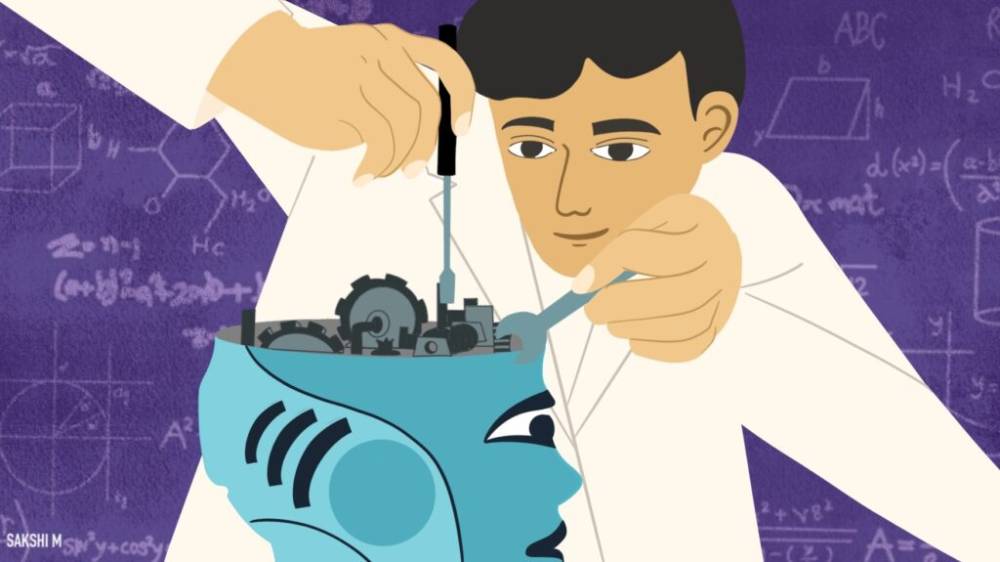
Huấn luyện AI kiếm tới 50 USD/giờ: Tiến sĩ, kỹ sư, diễn viên Ấn Độ đổ xô vào ngành “lao động trắng cổ AI”
-
Một nền kinh tế gig (việc làm tự do) hoàn toàn mới đang nổi lên xoay quanh việc huấn luyện AI, với mức thu nhập lên tới 50 USD/giờ.
-
Các công ty như Turing, Mercor và Deccan AI thuê tiến sĩ vật lý, kỹ sư phần mềm, thậm chí cả diễn viên tại Ấn Độ để huấn luyện các mô hình AI do OpenAI, Google, Meta và Anthropic phát triển.
-
Công việc cụ thể:
-
Đưa ra câu hỏi đánh lừa AI, phát hiện điểm yếu của mô hình.
-
Hướng dẫn AI học cách suy luận đúng, viết hướng dẫn, giải thích từng bước.
-
Đóng vai người dùng thật để kiểm tra khả năng ứng xử của AI.
-
-
Ví dụ: Một tiến sĩ vật lý Ấn Độ đặt câu hỏi hóc búa về sao biến quang Cepheid, khiến chatbot trả lời sai. Anh ta sau đó tạo ra bộ hướng dẫn giúp mô hình học cách trả lời chính xác hơn.
-
Thị trường huấn luyện AI bùng nổ sau khi Meta chi 14 tỷ USD mua 49% cổ phần Scale AI, công ty dữ liệu huấn luyện AI lâu đời nhất.
-
Hệ quả tức thì: OpenAI và Google cắt quan hệ với Scale AI, còn các đối thủ như Turing nhanh chóng tự định vị là “trung lập” trong cuộc chiến AI.
-
Turing vừa gọi vốn 111 triệu USD, đạt định giá hơn 2 tỷ USD, với sự tham gia của quỹ đầu tư chính phủ Malaysia.
-
Công việc huấn luyện AI giờ đây không chỉ dành cho kỹ sư phần mềm mà mở rộng ra cả giới học thuật và nghệ sĩ, những người có khả năng sáng tạo và tư duy phản biện tốt.
-
Dù ngành này tạo ra cơ hội việc làm hấp dẫn, nó cũng làm dấy lên lo ngại về sự phụ thuộc vào lao động rẻ từ Ấn Độ và các thị trường mới nổi để duy trì sự phát triển của các mô hình AI phương Tây.
📌 Thu nhập tới 50 USD/giờ, hàng ngàn tiến sĩ, kỹ sư và diễn viên Ấn Độ đang trở thành “người huấn luyện AI” cho OpenAI, Meta và Google. Thương vụ Meta chi 14 tỷ USD vào Scale AI đã đẩy ngành “lao động trắng cổ AI” trở thành cuộc đua toàn cầu. Đây vừa là cơ hội vàng cho nhân tài Ấn Độ, vừa là dấu hiệu cho thấy các Big Tech đang ngày càng phụ thuộc vào sức lao động toàn cầu để vận hành thế giới AI.
https://the-ken.com/story/train-ai-models-earn-up-to-50-hr-these-firms-turn-to-indian-phds-techies-actors/
Train AI models, earn up to $50/hr: these firms turn to Indian PhDs, techies, actors
Thảo luận
Follow Us
Tin phổ biến



